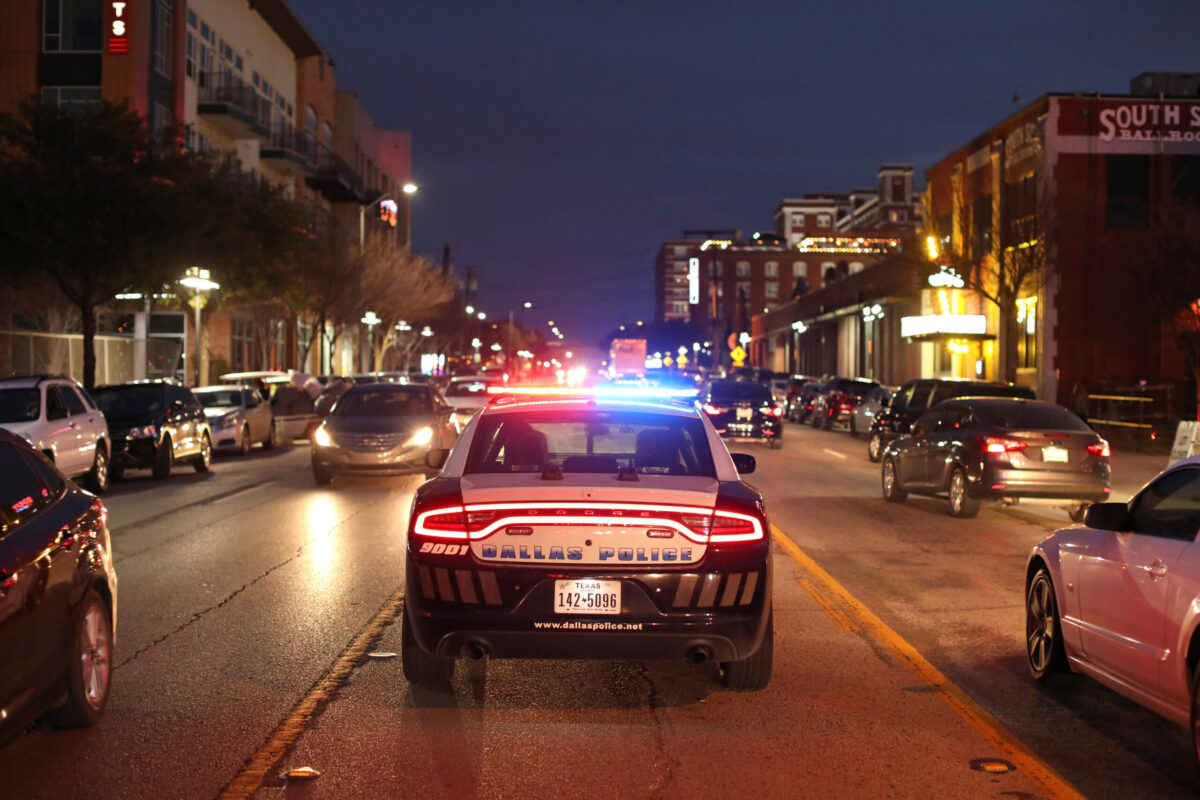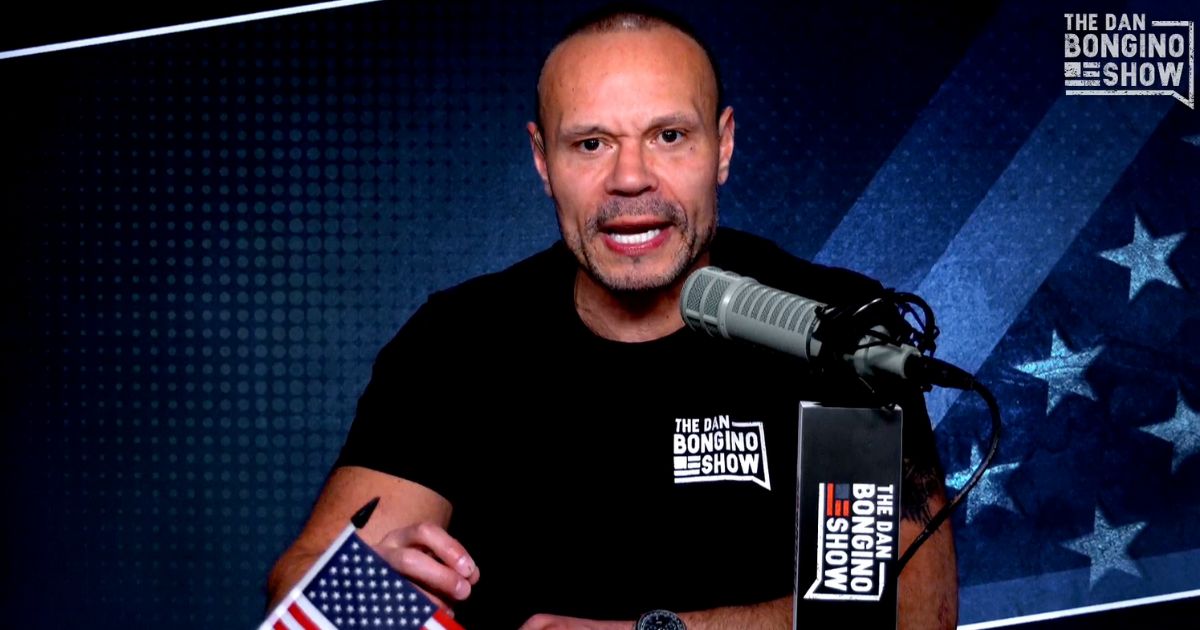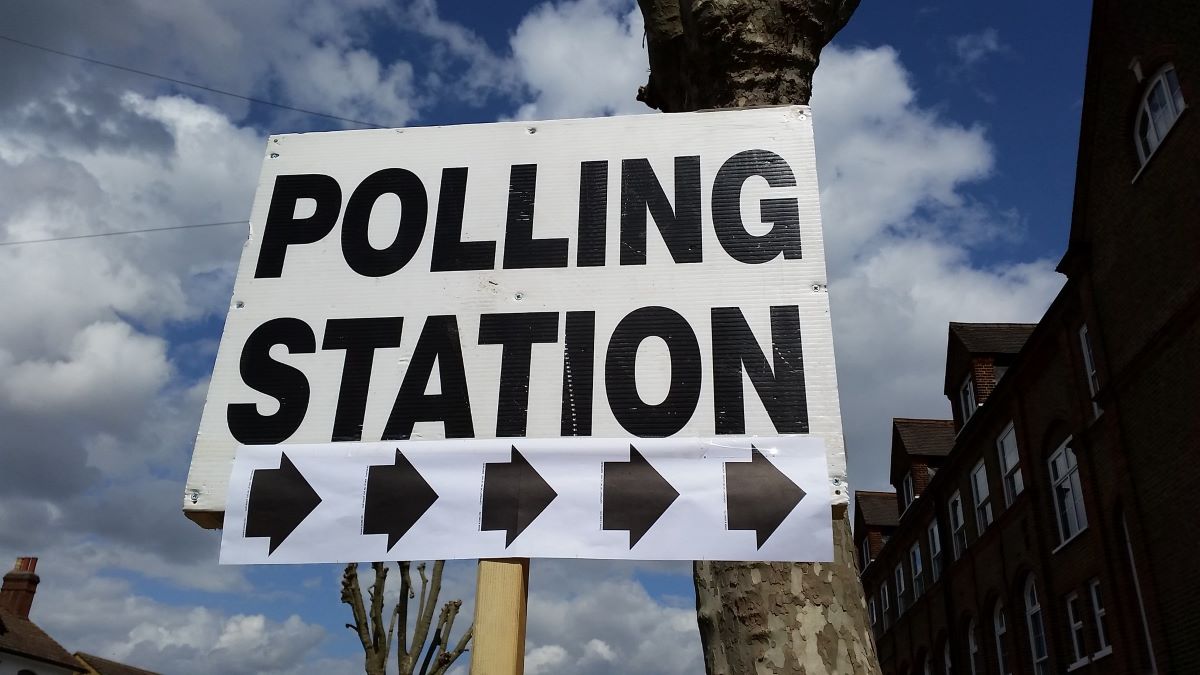How Occupational Licenses Are Killing Minority Entrepreneurship
Ashley N’Dakpri runs Afro Touch, a hair-braiding salon in Louisiana. She wants to hire more stylists to meet demand, but Louisiana’s strict occupational licensing regulations Stop her It is possible to do so.
Ashley legally isn’t allowed to hire new stylists unless they have a cosmetologist’s license, a certification that requires five hundred hours of training and thousands of dollars in fees to obtain. Many potential employees stop considering working for Ashley once they learn about the complicated occupational licensing requirements.
The state-level occupational licensure system is a significant barrier to minority entrepreneurship. Many minorities are prevented from starting businesses in all areas of the economy by these licenses.
Although the beauty industry is perhaps the most notorious example of a field that requires occupational licensing to prevent minority entrepreneurship, licenses can be found in many other industries that are popular with minority entrepreneurs including construction and childcare.
It is often more difficult to obtain a license for cosmetology than for licenses in other professions dealing with life and death. Massachusetts has cosmetologists as a requirement. Complete one thousand hours Two years apprenticeship, and a course in beauty education before they can be allowed to practice their craft. For emergency medical technicians to be permitted to work, they must complete 150 hours of coursework.
What do these occupational licenses protect consumers from? A bad hair day? These permits are a huge barrier to entrepreneurship for most minority women. According to A study According to the Institute of Justice, Louisiana only has thirty-two licensed African hairstylists. In stark contrast, neighboring Mississippi, which has approximately four hundred thousand fewer black residents but doesn’t regulate hair braiding, has 1,200.
According to IJ, California is the worst state for occupational licensure. “a nearly impenetrable thicket of bureaucracy.” Potential entrepreneurs will need to spend 1,460 days of supervised practice in order to be able to legally work in basic trades, such as carpentry and door repair.
Nearly one-quarter According to the Labor Department, about 5 percent of American workers have a license today, compared with 5% in 1950. The Federal Reserve Bank of Minnesota found that minorities were significantly less likely to be licensed than whites.
Stephen Slivinski, economist It indicates Licensing requirements decrease minority entrepreneurship. He found that states with higher occupational licensure requirements have lower rates for low-income entrepreneurs.
It’s already difficult enough for minority entrepreneurs to find a product that fills a gap in the market and outcompete established players without simultaneously worrying about the government hamstringing them through bad policies like excessive occupational licensing.
There are less government hurdles for minority entrepreneurs to overcome racial economic inequalities through their own creativity and ingenuity.
This column is adapted from the author’s new book, “The Real Race Revolutionaries: How Minority Entrepreneurship can Overcome America’s Economic and Racial Divides.”
" Conservative News Daily does not always share or support the views and opinions expressed here; they are just those of the writer."





